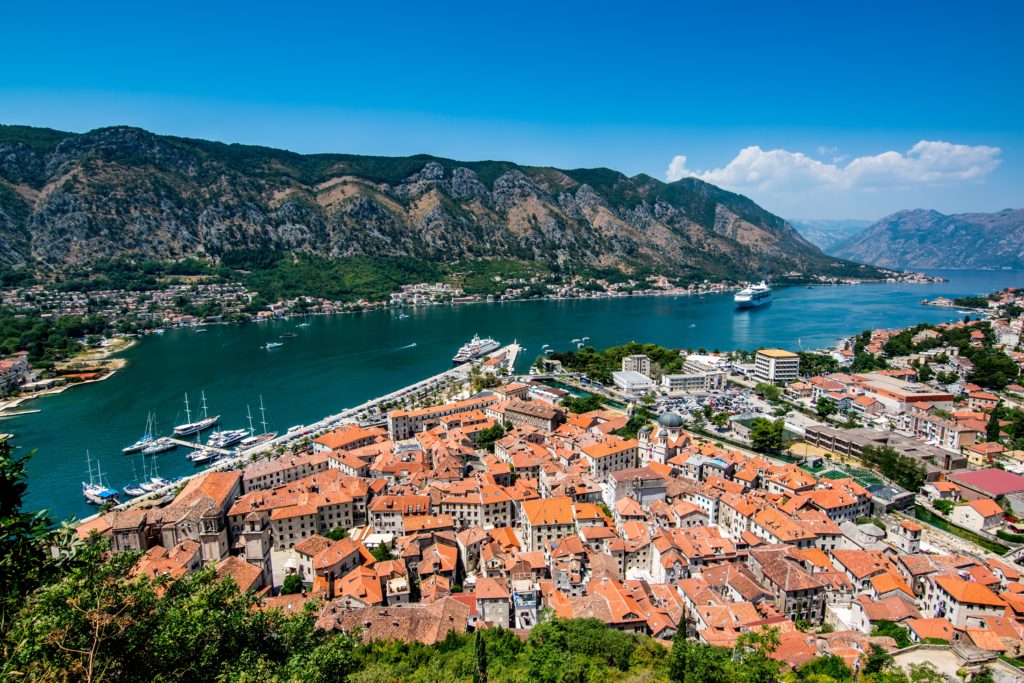Montenegro is a small country located in the Balkans, but it has a strong and diverse economy. The leading industries in the nation are tourism, agriculture, and manufacturing.
Tourism is a major industry, with visitors from all over the world coming to enjoy its stunning beaches, beautiful mountains, and vibrant culture. Agriculture is also an important industry in Montenegro. The country’s mild climate and fertile soil make it an ideal place for growing a variety of crops, including olives, citrus fruits, and vegetables.
The country is also home to many factories producing a range of products, including textiles, chemicals, and electronics. It is also a major producer of steel and aluminum. Let’s discuss the leading industries do Montenegro in this article.

Manufacturing
17.1% of the labor force in the country is employed in production. This industry produces consumer items and engages in the processing of aluminum, coal, and iron. One of the key businesses in the industrial sector is the manufacture of steel and aluminum. 90 percent of the aluminum and steel output is transported. 100,000 tonnes of aluminum, 1 million tonnes of bauxite, and 400,000 tonnes of crude steel are among the yearly output capacities.
Agricultural area
37% of the entire area of land is devoted to agriculture. But only 40% of the land area is utilized for growing crops. The remaining area is used for raising sheep, chickens, pigs, goats, cows, horses, and farm animals. Fruits, grain, mushrooms, untamed sage, cereals, rye, corn, and veggies are just a few of the crops farmed in Montenegrin farms.
Tourism
The tourism sector in Montenegro is a major contributor to the country’s economy. This sector has seen a steady rise in recent years, with more and more people visiting the country each year. Montenegro is home to a variety of attractions, from its stunning Adriatic coastline to its mountainous interior. The country also boasts a rich cultural heritage, with a variety of historical sites, churches, and monuments. Montenegro also offers a range of outdoor activities such as hiking, cycling, and skiing. With its beautiful scenery and diverse attractions, the nation is an ideal destination for tourists looking for a unique and memorable experience.
Banking
The banking sector is well-developed and provides a wide range of services to both domestic and international customers. There are currently seven banks operating in Montenegro, including two foreign-owned banks. These banks offer a variety of services, including savings and checking accounts, loans, investments, and international money transfers. The banking sector is regulated by the Central Bank, which ensures that banks are operating under the law and providing customers with a safe and secure banking experience. The banking sector has seen significant growth in recent years, with the introduction of new technologies and services, as well as the expansion of existing services.
Textiles
The textile sector in Montenegro is the second largest industry in the country and employs more than 10,000 people. The sector is mainly focused on the production of apparel, home textiles, and technical textiles. The country has a long history of textile production, with the first factories established in the 19th century. The sector has been growing steadily in recent years, with several new investments in the industry. Additionally, the authorities have taken action to promote the industry by offering fiscal breaks to businesses who invest in it as well as grants and incentives to local sellers. The economy of Montenegro includes a significant portion of the textile industry, which is predicted to develop in the next years.
Electronics
The electronics sector is responsible for the production of a wide range of products, including consumer electronics, industrial electronics, and automotive electronics. Montenegro is also becoming an important hub for the development of new technologies and the introduction of innovative products. The Montenegrin government aggressively promotes the expansion of the electronics industry by offering subsidies and tax benefits to companies, as well as access to trained workers and cutting-edge infrastructure. As a result, there are now more electronics businesses operating there, which has increased the number of job prospects for Montenegrins.







